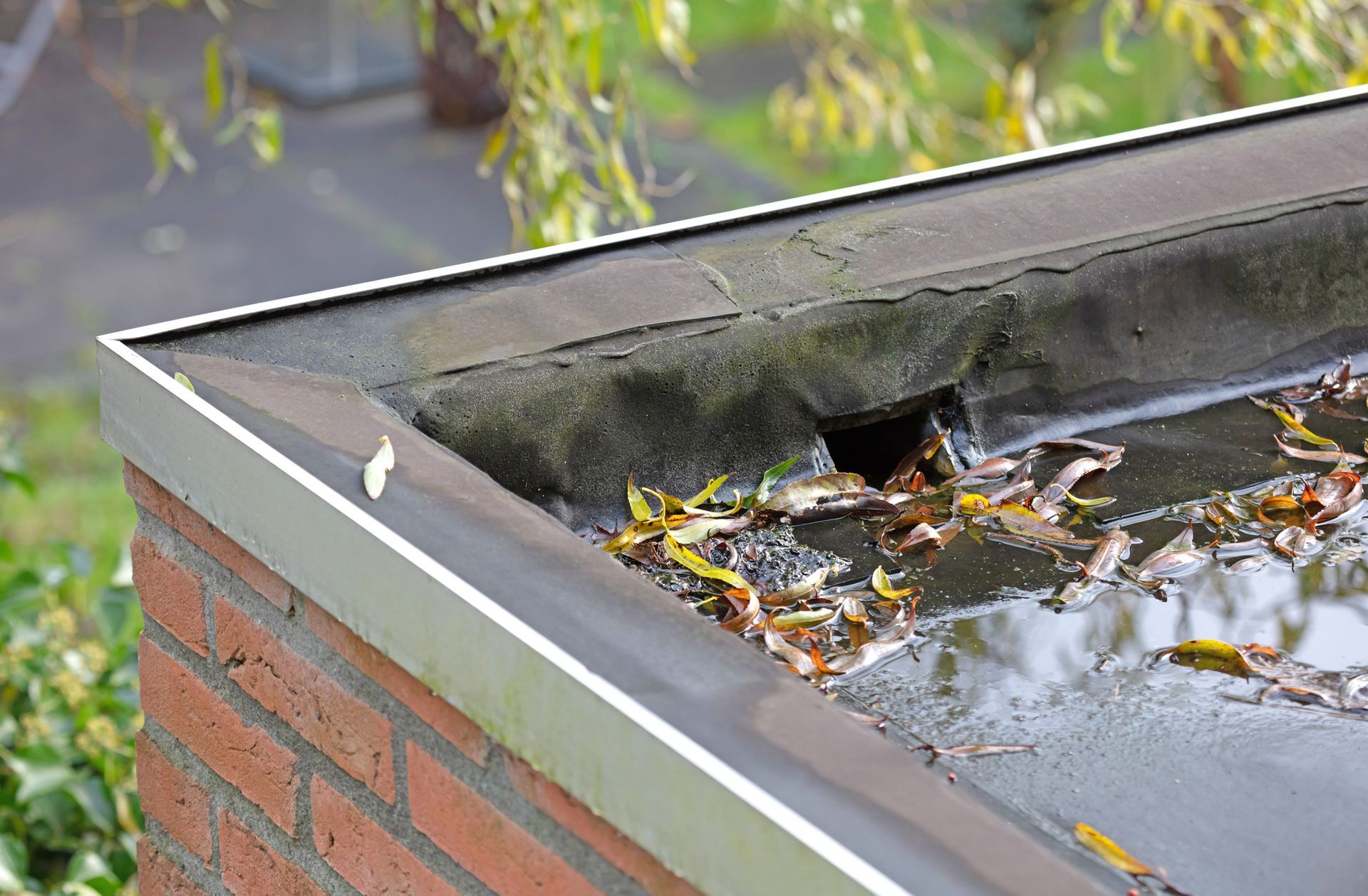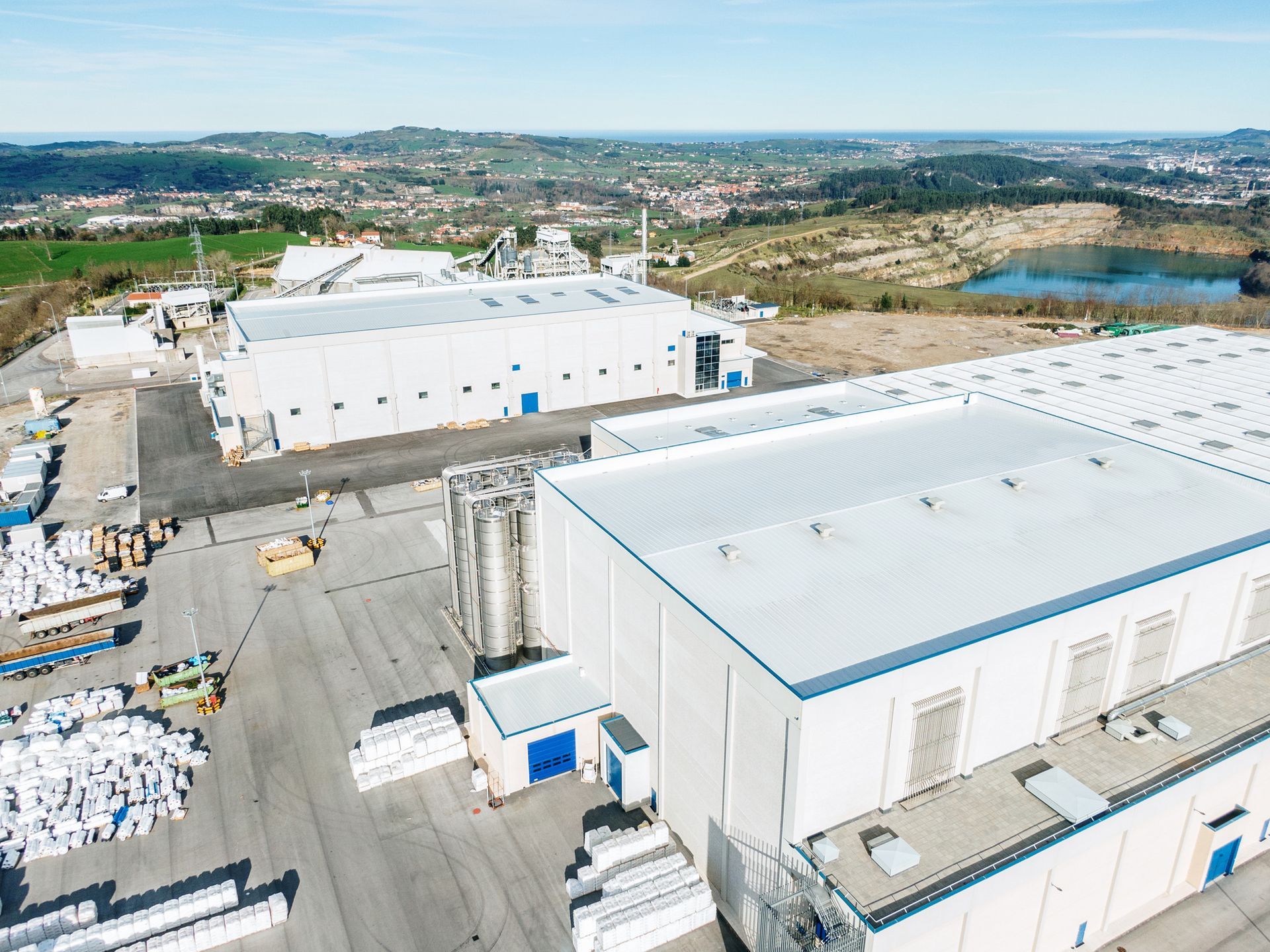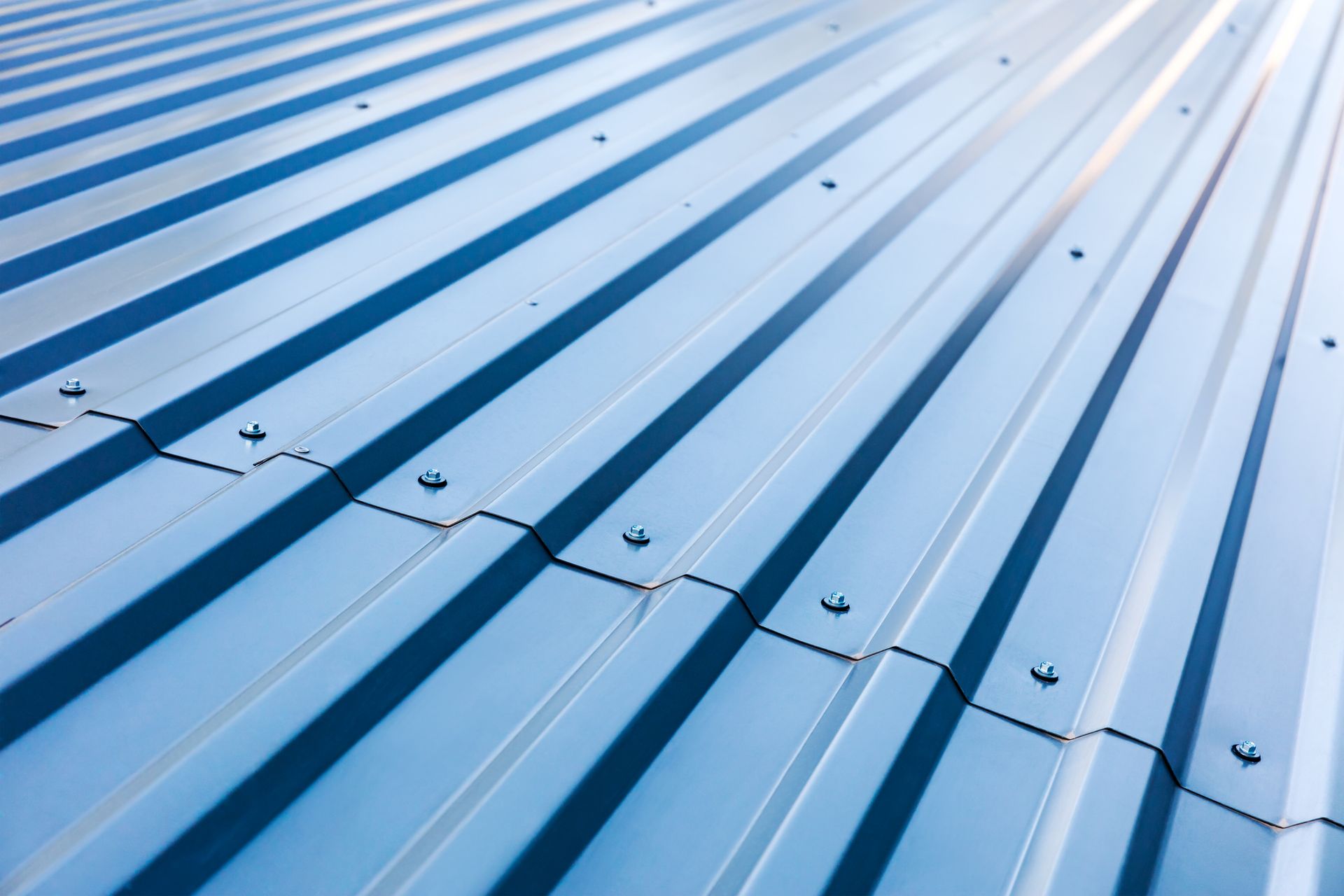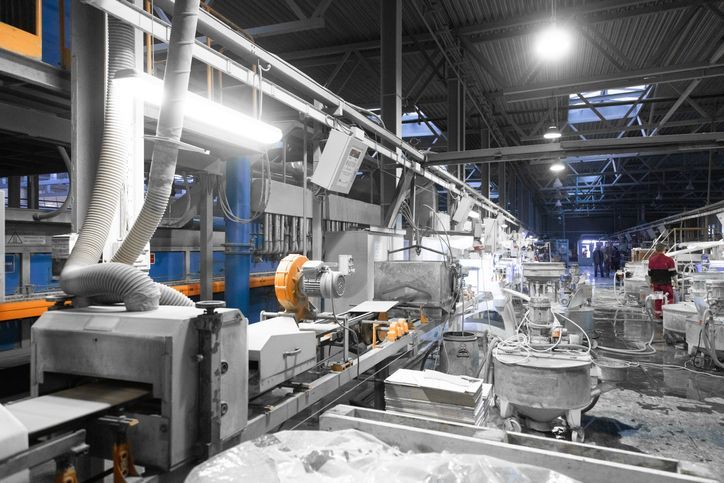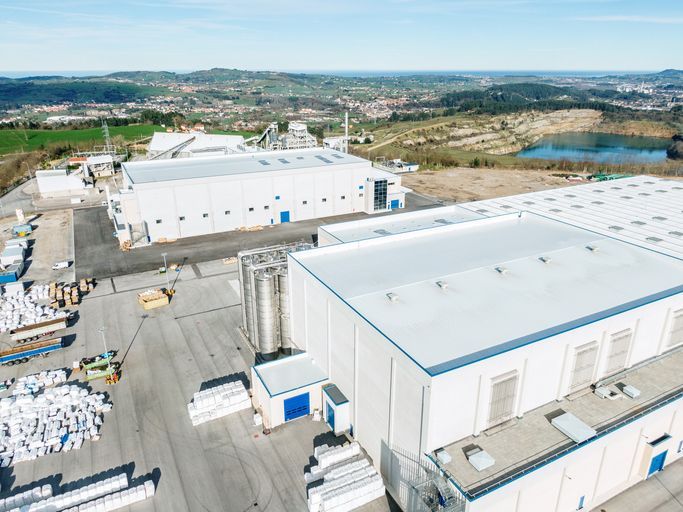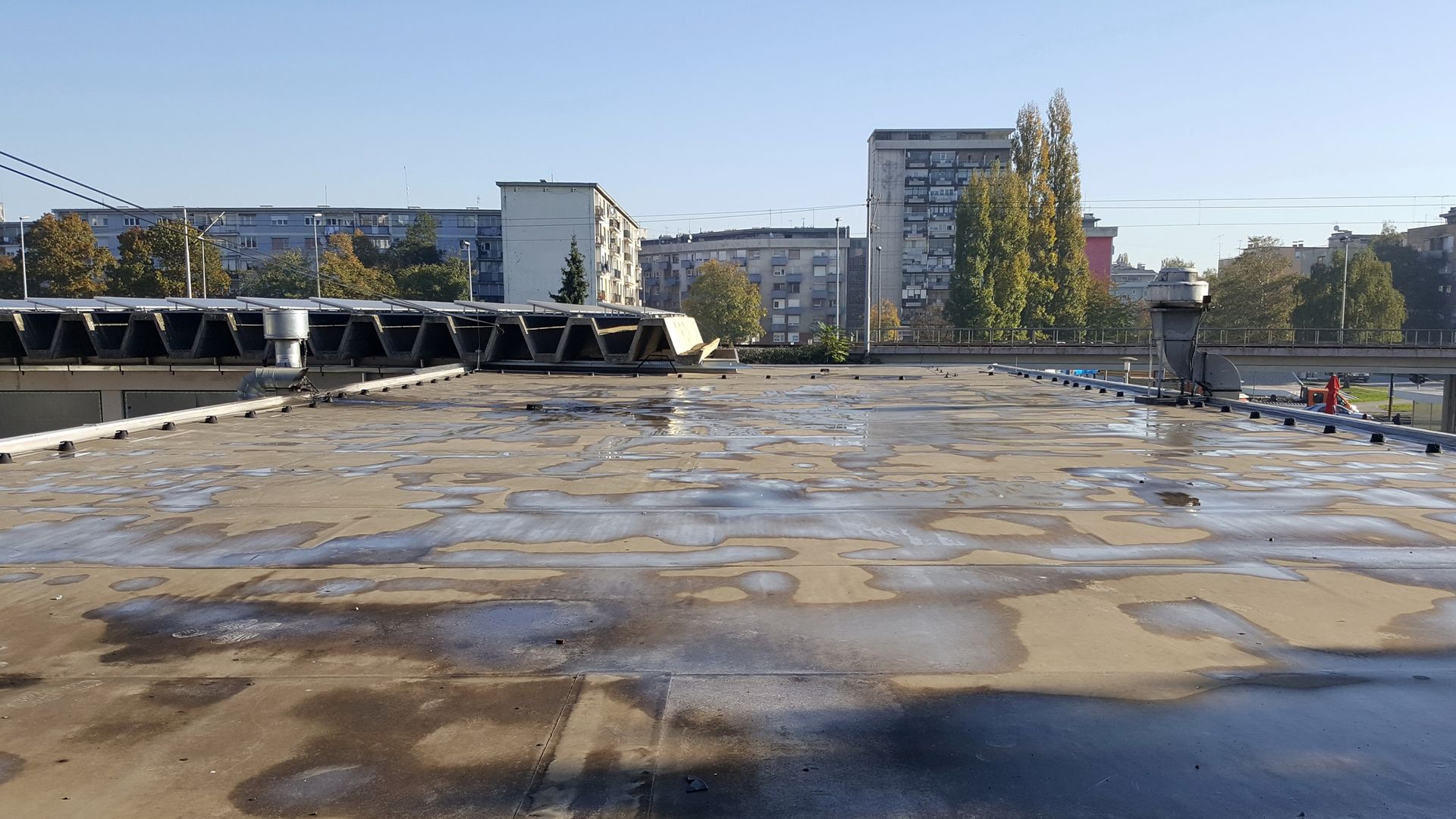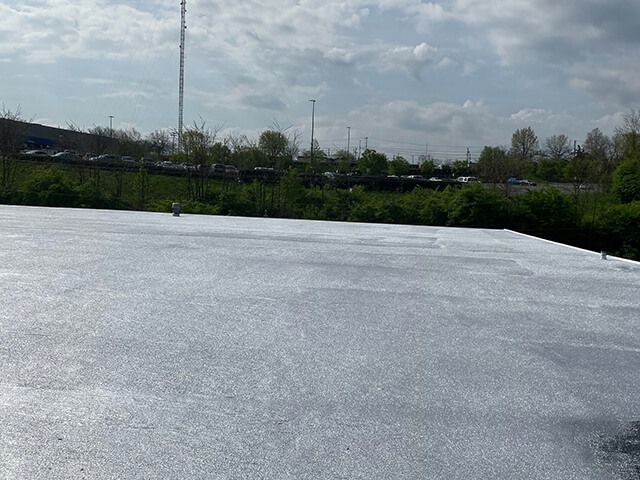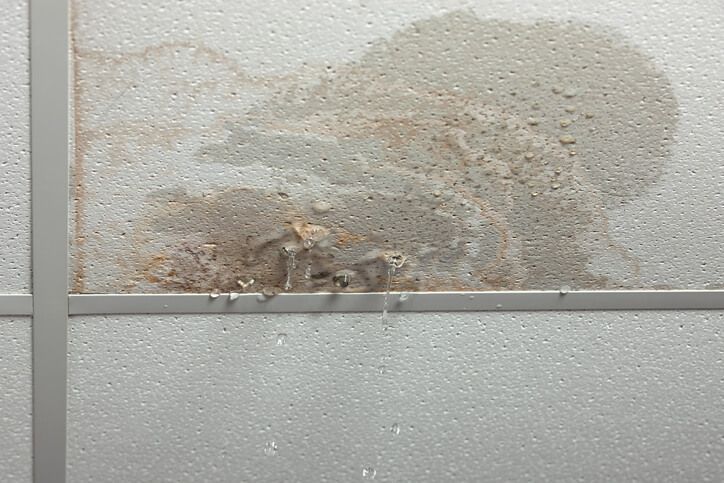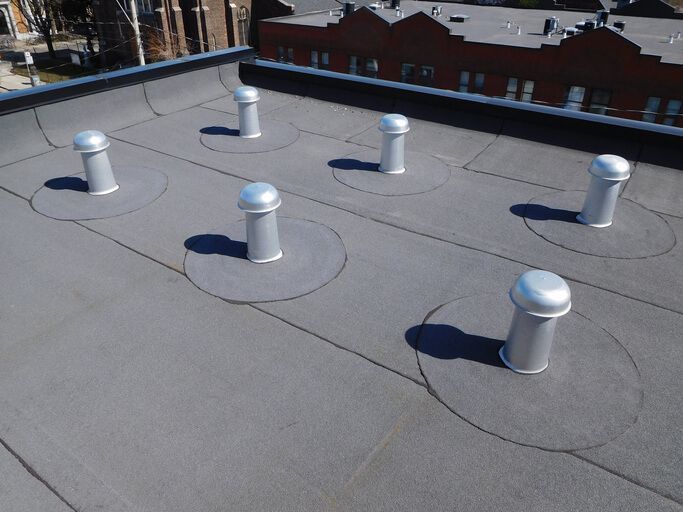Can I Add Insulation to a Commercial Roof?
If you are looking to make your building more energy-efficient, adding insulation to your commercial roof is a great option. There are several ways to add insulation to your roof to help reduce heating and cooling costs, which are governed by state and local codes, as well as cost factors.
Adding insulation to your roof, especially in areas where there are extreme fluctuations in climate, is crucial and can provide you with noticeable savings in your energy costs.
Key Considerations for Commercial Roof Insulation
The commercial roof insulation will be installed right below the roof membrane. The insulation materials range from liquid applied foam or insulating concrete to rigid boards. When looking for commercial roof insulation, there are a few key things to consider, including:
Durability and Impact Resistance
Durability is a major factor for your commercial roof to ensure it can withstand harsh weather conditions. While your roof membrane serves as the first line of defense against impact, the insulation is the next line of defense. The commercial insulation you choose will need to be able to withstand the impact of HVAC maintenance traffic and falling debris that are common on a commercial roof.
Fire Resistance
With fire-resistant roofing materials, you can help prevent fire and limit their damage to your property. It is crucial to have proper fire testing and certification for a safe, long-lasting roof. You should look for a roofing system that has an FM Class 1 fire-resistance rating or UL Class A rating.
R-Value or Thermal Resistance
The R-value refers to how well the insulation material can resist the flow of heat. Your insulation’s R-value will contribute the most to your roof’s R-value rating. The higher the R-value, the more effective the material is at resisting heat.
When choosing the R-value, be sure to consider what will be best for your environment and our building. Keep in mind that the R-value also follows the law of diminishing returns. Once you reach certain thinness, you no longer get the same benefit from additional insulation layers, whereas too much insulation can stress your roof membrane.
Types of Insulation for Commercial Roofing
There are a variety of commercial roofing installation options, all ranging in material type, installation methods, R-value, and manufacturers. We can work with you to help you determine the best course of action.
Common types of commercial roof insulation include spray foam, mineral wool, fiberglass, extruded polystyrene (XPS), expanded polystyrene (EPS), and polyisocyanurate (polyiso).
Professional Commercial Roof Services
At ACR1, we can help you determine the best type of insulation material for your commercial roofing system. Contact us today to learn more about how we can help you insulate your roof and reduce your energy costs.
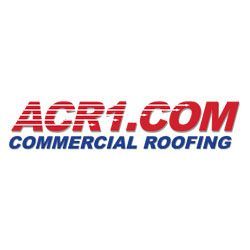
Author:
Floyd Mason
Born and raised in farming in Iowa
Worked in and around construction since 1977
BS in Corporate Finance and Financial & Estate Planning from Brigham Young University. Involved in Boy Scouts of America for more than 35 years, Scoutmaster 15 years Estimator, Project Manager, Sales Representative, Crew Leader, Laborer, Territory Manager, District Manager, Regional Manager, National Sales Manager,
ACR1.COM Sales & Marketing Manager since 2013.
